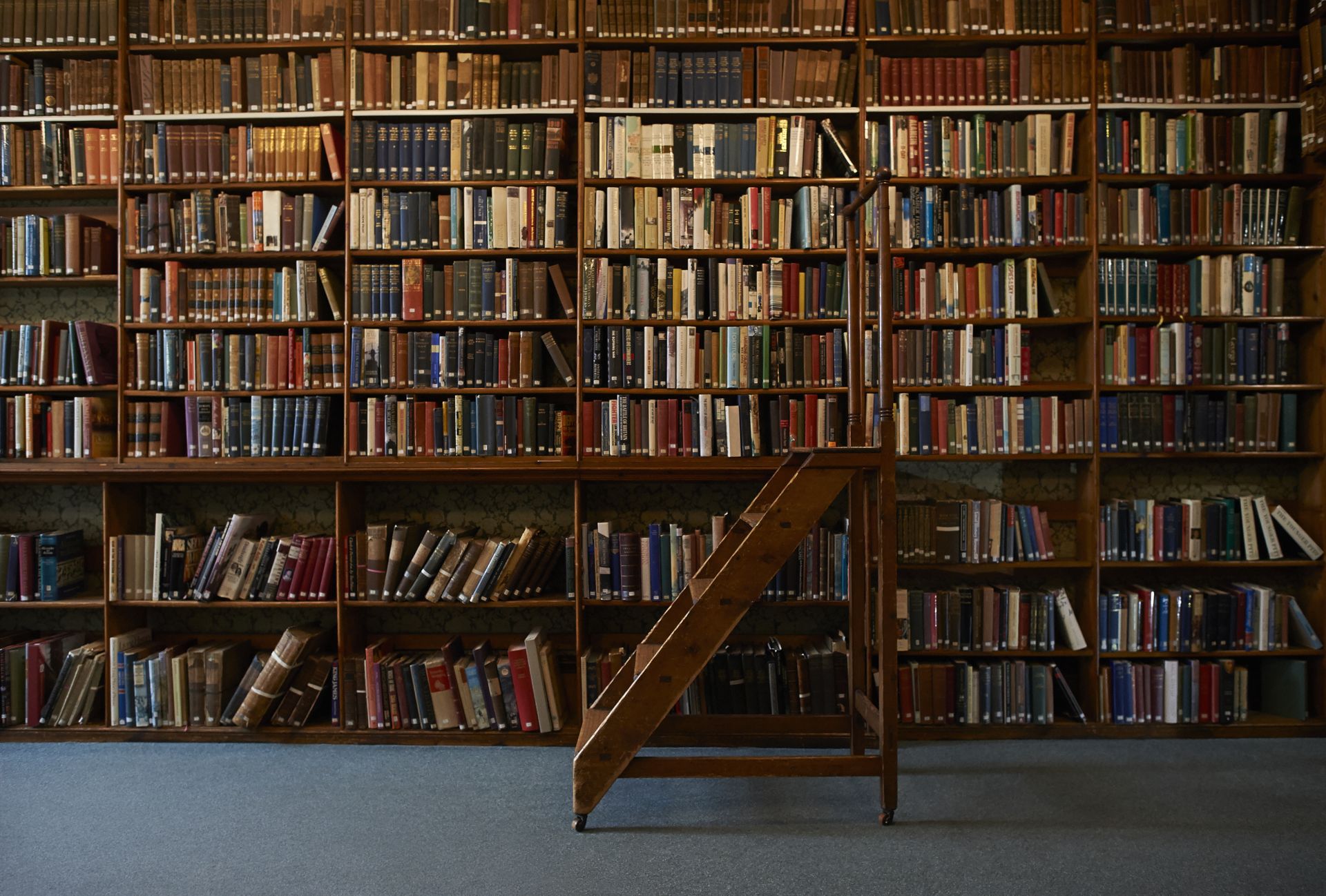Dear New Lines readers,
As has become tradition in our magazine, we wanted to usher in the new year with a list of the best books our editors read in 2023. These are not necessarily books published that year — the idea is to pick reads that were especially meaningful or delightful.
We hope you’ll check out some of these books as you embark on your journey in the new year. And please consider subscribing and supporting our magazine for more of our unique journalism in 2024.
The Skull: A Tyrolean Folktale
by Jon Klassen
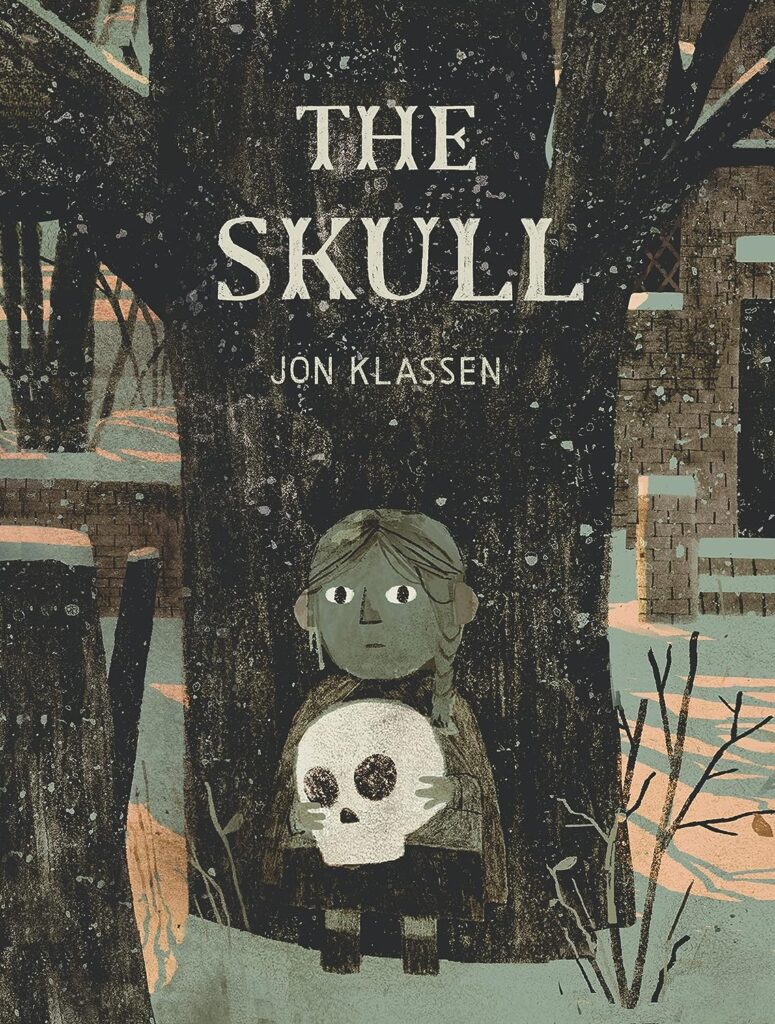
Jos Betts, Senior Editor
A girl runs away from something unnamed through the forest and is taken in by a disembodied skull, whose castle contains another nocturnal pursuer that the girl will have to face. The first time I read this with my daughter I was surprised by its simplicity, but, like the best folk tales, it has lingered, unfolding the idea that having someone to save can tame your fear.
Hamnet
by Maggie O’Farrel
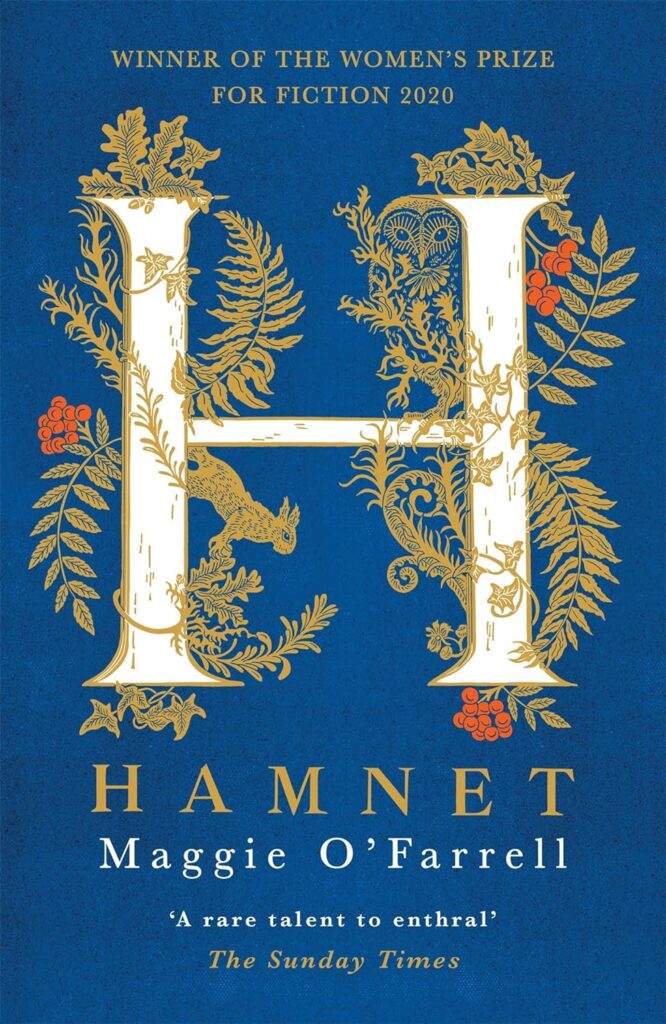
Erin Clare Brown, North Africa Editor
This year, I read — or rather listened to — dozens of books by women and about women. It wasn’t out of some feminist impulse, but I spent half of the year on my own with my young daughter, and stories of the internal lives of women felt particularly close to me. Of the many I read, Maggie O’Farrell’s “Hamnet” was an easy favorite.
Set in 1596, during one of the many waves of the plague in England, the book explores the life of a mysterious, warm and powerful woman named Agnes, along with her three children and her husband — a glovemaker’s son and Latin tutor who goes on to perform in and write plays. (He is the only character whose first name is never said or written in the novel, but we all know it is William — William Shakespeare.) When their young son dies of the plague, aged 11, it rends the family apart, and the novel is a gorgeous portrait of grief and longing and the chasms that open in marriages and love when loss arrives.
Rules: A Short History of What We Live By
by Lorraine Daston
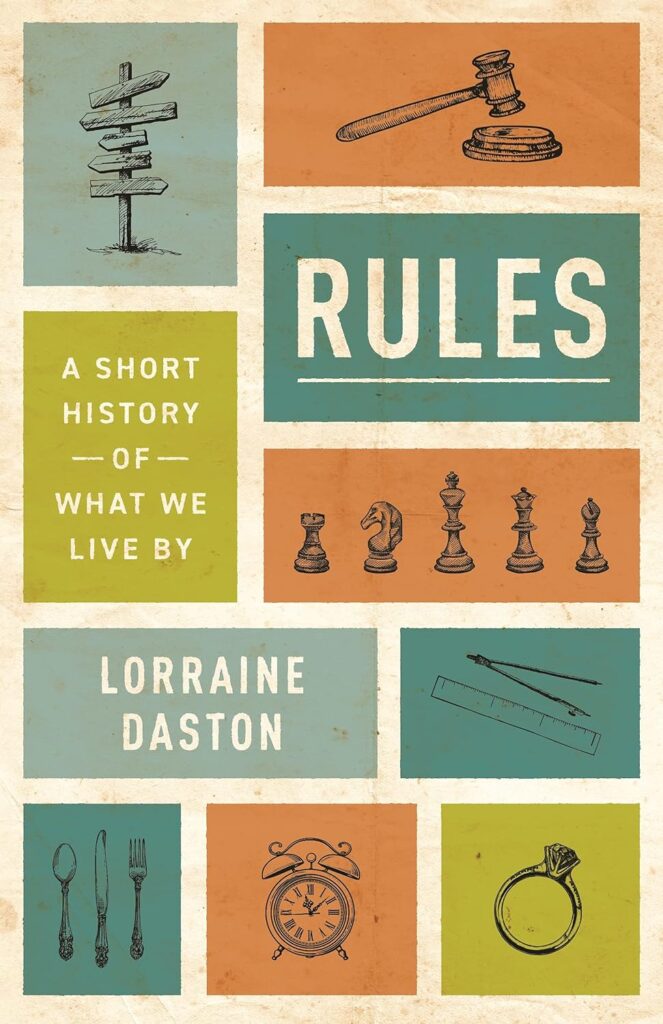
Rasha Elass, Editorial Director
We all grow up with rules and we internalize most of them until they become part of our unconscious. Even animals have rules, especially those that live within a tight social order, like wolves and primates. From an early age, they learn not to mess with the alphas and how to engage with their equals in reciprocal social behavior; rules and “culture” that become an animal’s nature.
This may not be too different from us humans. We find ourselves raised in a society where the rules were written, synthesized, codified and enforced for generations before we were even born. But unlike other species in the animal kingdom, not only are we fully capable of questioning the rules, we can deconstruct and trace them back to their origins, which, as we know, can be an unsavory place.
This is why I enjoyed reading Lorraine Daston’s book, “Rules: A Short History of What We Live By,” which takes a deep dive into the algorithms, laws and models that we’ve constructed for ourselves over millennia, and forgotten how we did so. In the process, this book illuminates the constrictions that we’ve invented and put in place for ourselves and, by understanding those, the potential for freeing humanity from its own limited mind.
The Executioner’s Song
by Norman Mailer

Tam Hussein, Associate Editor
You either love Norman Mailer’s writing or you hate it. When he wrote “The Fight,” about Muhammad Ali and George Foreman’s “Rumble in the Jungle” in Kinshasa in 1974, it was marred by his own presence in the book. Writing about himself in the third person felt pompous. But when he writes like he does in “The Executioner’s Song,” you love him. The book is a voluminous tome; a hybrid of sorts — part crime novel and part journalism — which, despite its size, is always a page turner. The story is a dissection of the twisted Gary Gilmore, an unsympathetic ex-con, who commits senseless murders. He only redeems himself by finding a sort of peace in wanting to be executed and coming to terms with his own extinction — something few of us do. It is a profound rumination in this regard.
But more than that, “The Executioner’s Song” is an argument for really good investigative journalism. Mailer interviews countless family members and associates to paint a deep picture of Gilmore. It is true that sometimes you feel it could do with an edit, but the picture is so vivid you forgive it. As an investigator, you can’t but admire the amount of legwork that Mailer had to put in. Remember those were the days when open source investigations (OSINT) were not even a thing. When you read the book, it is a reminder that profound stories like these come about from human contact, rummaging through archives and visiting the scene and not from using open source tools in the bedroom. Good journalism depends on engaging with the wider world. Mailer brings to life society, court records, the lawyers, girlfriends, employers and others so well that he teaches you something about the dark and indeed the light heart of Americana. No wonder the book won the Pulitzer. Journalists, investigators and students should revisit this book.
Minor Detail
by Adania Shibli
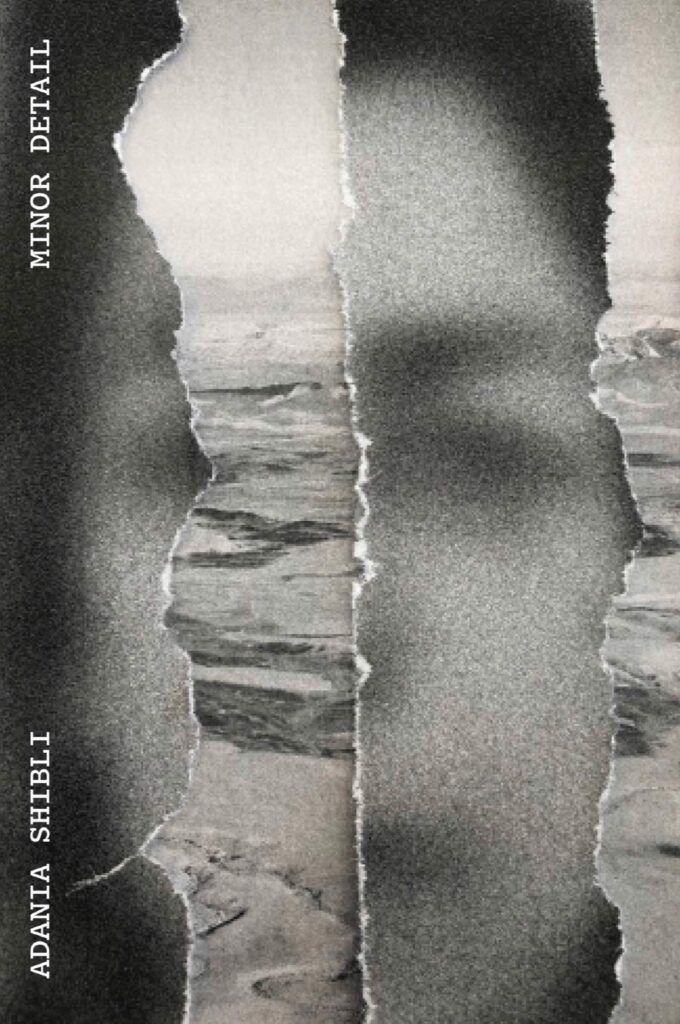
Christin El-Kholy, Multimedia Producer
One of the most impactful reads for me this year has to be Adania Shibli’s 2020 novel “Minor Detail,” a thought-provoking and evocative work that weaves together two seemingly disparate narratives separated by decades. The novel is divided into two parts, with the first part set in 1949, just after the Nakba, and the second in the contemporary era. Shibli masterfully captures the psychological and emotional dimensions of her characters, delving into the complexities of history and human experience. She invites readers to reflect on the nature of memory, the persistence of trauma, and the ways in which historical injustices continue to shape the present — and there is no better time to do that.
I found myself challenged at every corner by this short but haunting book that resonates long after the final page. Perhaps this is why “Minor Detail” had been on the radar of reviewers and literary-award bodies even before it made headlines just a few months ago. Shibli, a Palestinian, had been announced as the winner of Litprom’s 2023 LiBeraturpreis literature award, but after the Oct. 7 attacks, Litprom, which is funded in part by the German government, decided to cancel the award ceremony. Met with backlash from editors, writers and supporters from all over the world — which culminated in a widely circulated open letter of support for Shibli — this move has not only resulted in the unintended newfound success of the book, but has also opened up the conversation about the role that editors, translators, publishers, awards judges and other cultural guardians play in such times (as discussed in a recent episode of The Lede).
Tell Me I’m Worthless
by Alison Rumfitt
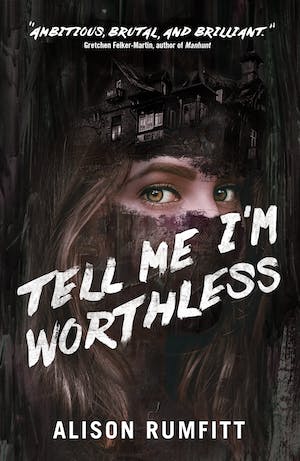
Joshua Martin, Multimedia Producer
I’d thought the haunted house story was as dead as the ghosts themselves by this point. Things go bump, ghost goes boo, we’ve seen it all before. But in an impressive act of literary necromancy, Alison Rumfitt somehow managed to breathe new life into an old staple of the horror genre.
“Tell Me I’m Worthless” keeps the house but dispenses with the worn-out poltergeists. It’s not ghosts doing the haunting, but fascism (and also sometimes Morrissey). It’s a conceit that might run the risk of becoming didactic, but Rumfitt never loses focus on telling a good story or runs out of interesting things to say. It’s a terrifying, nauseating and insightful look into the dark heart of modern Britain, and it made me feel unclean.
Writers and Missionaries
by Adam Shatz

Danny Postel, Politics Editor
The title of this book comes from something the Trinidadian writer V.S. Naipaul once said to its author, Adam Shatz, during an interview: “You have to make a choice — are you a writer, or are you a missionary?” The remark resonated with Shatz, who later reflected: “Naipaul was evoking the tension between the writer, who describes things as he or she sees them, and the missionary or the advocate, who describes things as he or she wishes they might be under the influence of a party, movement or cause.”
Over time, Shatz came to see his own early writings as the work of a missionary — rereading them, he found “the tone jarring, the confidence unearned, the lack of humility suspect” — and aspired to be a writer. As an admirer of Shatz’s discerning, intensely absorbing essays for over two decades now, I was thrilled to see some of his greatest hits assembled in book form here. Among the figures he explores in this volume are the Palestinian-American scholar Edward Said, the African-American novelist Richard Wright, the Algerian novelist Kamel Daoud, the French filmmaker Claude Lanzmann (director of the Holocaust documentary “Shoah”), the French novelist and controversialist Michel Houellebecq, the French philosopher Jean-Paul Sartre and the Egyptian essayist Arwa Salih. His examination of the metamorphosis of the Lebanese thinker Fouad Ajami from Arab nationalist to neoconservative ideologue is worth the price of admission alone. “His once-luminous writing,” Shatz comments, had devolved into “a blend of Naipaulean clichés about Muslim pathologies and Churchillian rhetoric about the burdens of empire.” Like Henry Kissinger, Shatz notes, Ajami possessed “a suave television demeanor, a gravitas-lending accent, an instinctive solicitude for the imperatives of power and a cool disdain for the weak.” The critique is stinging but the essay is far from a hatchet job: Shatz probes the contours of Ajami’s intellectual and political biography and provides a close, quite sympathetic reading of his early work.
This book is a master class in the international journalism of ideas. What makes Shatz such a compelling critic is his refusal, as a former colleague of mine once put it, to edit out the contradictions.
Breathing Space: Iranian Women Photographers
by Anahita Ghabaian Etehadieh
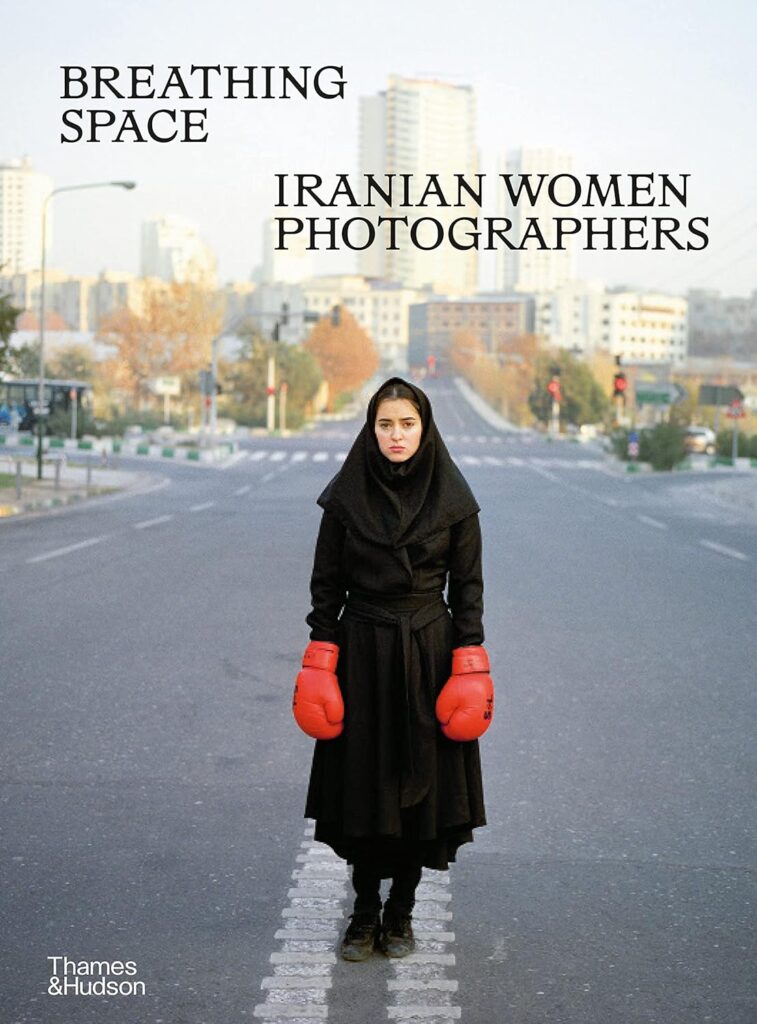
Amie Ferris-Rotman, Global News Editor
More than a year has passed since 22-year-old Mahsa Amini died in custody after being arrested by Iran’s morality police for not wearing a headscarf. The university student’s death set off the longest lasting uprising in the Islamic Republic’s history. Iranian women captured global headlines again when they joined their Afghan counterparts in launching a campaign to make “gender apartheid” a law against humanity. In October, the jailed journalist and activist Narges Mohammadi was awarded the Nobel Peace Prize for fighting the oppression of Iranian women. In “Breathing Space: Iranian Women Photographers,” we are given a visually stunning perspective of this battle, as told by the country’s women from behind their lenses. The work spans the life of the regime itself, which is now 44 years old — double Amini’s age at death and considerably older than most of the protesters in this increasingly youth-populated country. Compiled by the founder of a photography gallery in Tehran, Anahita Ghabaian Etehadieh, the collection is at times intimate, poetic and historical. It is always feminist. The book is also a chilling reminder that their courageous fight is one front, one extension, of the battle for the rights of women worldwide.
The Return: Fathers, Sons and the Land in Between
by Hisham Matar
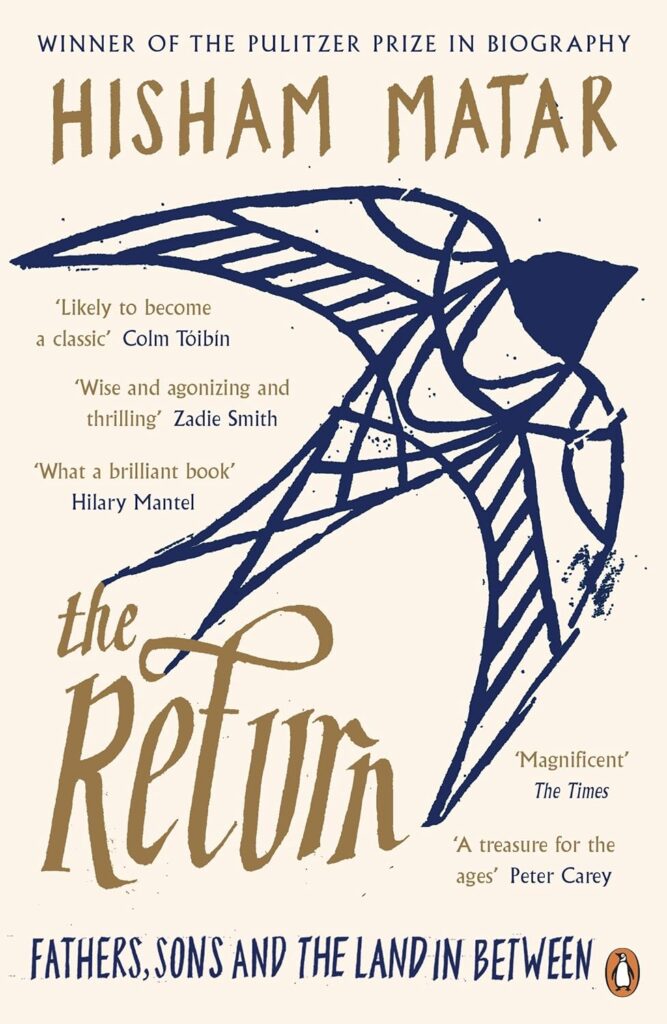
Alex Rowell, Online Editor
So unanimous and extravagant was the acclaim for this book — winner of the 2017 Pulitzer Prize, hailed by everyone from Hilary Mantel to Barack Obama — that I confidently expected to dislike it when I began reading it this summer. Hours later, I had missed lunch without noticing, and not even the yells of my 2-year-old son could pull me from its pages, of which I had by then read almost 100 without interruption.
In astonishingly poised, composed prose, the Booker-nominated Libyan novelist Hisham Matar tells the true story of his father, Jaballa — a onetime diplomat for the Moammar Gadhafi regime, who defected to the underground opposition in the 1970s, and was later abducted in his Cairo home in 1990 by Egyptian secret police and handed over to Gadhafi as a personal favor from President Hosni Mubarak, never to be seen by his family again. When Libya’s dictatorship fell in 2011, Hisham returned to his homeland for the first time in decades, in search of clues about his father’s fate. That he (spoiler alert) never does arrive at a definitive conclusion is both disturbing and evocative of a much wider story in the modern Arab world, where, from Benghazi to Beirut to Baghdad, the powerful have snatched away so many of their societies’ best and brightest, not only with total impunity but also a cruel secrecy that denies victims’ loved ones a most basic of courtesies: the knowledge of how their lives ended. This is a magnificent book, which more than deserves every word of the praise it has earned.
Eyeliner: A Cultural History
by Zahra Hankir
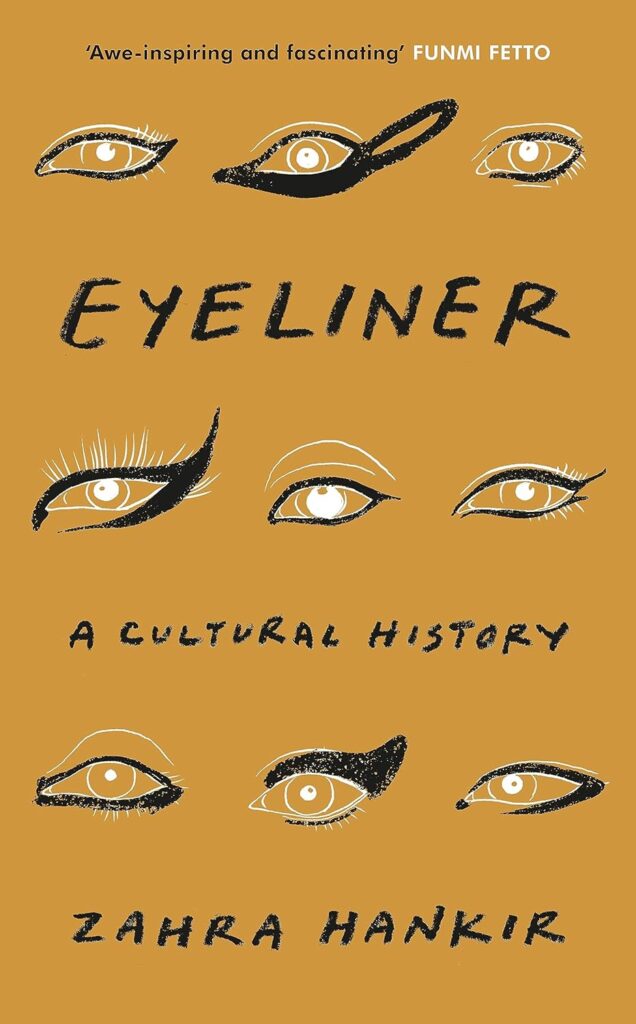
Ola Salem, Managing Editor
Renowned British-Lebanese writer Zahra Hankir gifted us all another gripping book this year, this time on the cultural history of eyeliner. As an Egyptian who has worn eyeliner almost every day for the past two decades, I was left with even greater fondness for the makeup tool. Not only did I discover that my go-to Rimmel eyeliner during college days was the same used by the late singer Amy Winehouse, but the amount of discoveries the pages drip with meant this was one of those light and fascinating reads that flowed so smoothly, much like how every eyeliner wing should.
Looking for Dilmun
by Geoffrey Bibby
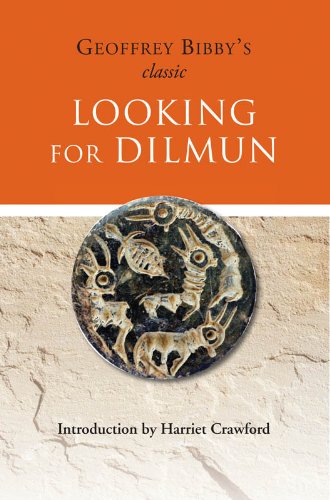
Lydia Wilson, Culture Editor
One of the joys of used bookstores is that you find books you would never have known about through any other route. I stumbled on “Looking for Dilmun” during Britain’s largest antiquarian book fair, which just happens to be held in my hometown of York. It was displayed on the stand of a 20th-century Middle East specialist book dealer, and stood out among the tales of oil and politics and war. Published in 1970, it tells of the archaeological explorations of author Geoffrey Bibby and his team in the 1950s and ‘60s, beginning in Bahrain. With excavation after excavation of completely unknown sites came inevitable — if relatively speaking — expertise, which other countries in the Gulf began to call on. Over the next 12 years, Bibby dug a bewildering amount of sites, piecing together thousands of years of Gulf history.
The book describes the process of archaeological discovery and interpretation, and this emerging history of the region, as well as observing the rapid development after the discoveries of oil and gas. (Their first visit to Abu Dhabi involved torches being planted in the ground to guide the planes’ landing … on bare sand. One tricky moment in Bahrain meant holing up in their camp, hoping that revolutionaries didn’t come their way.) Told in narrative resembling fiction, with many wonderful characters along the way, including rulers who have become very familiar in politics, all three aspects — deep history, modern development and the delights and frustrations of archaeology — are gripping.
Technofeudalism: What Killed Capitalism?
by Yanis Varoufakis
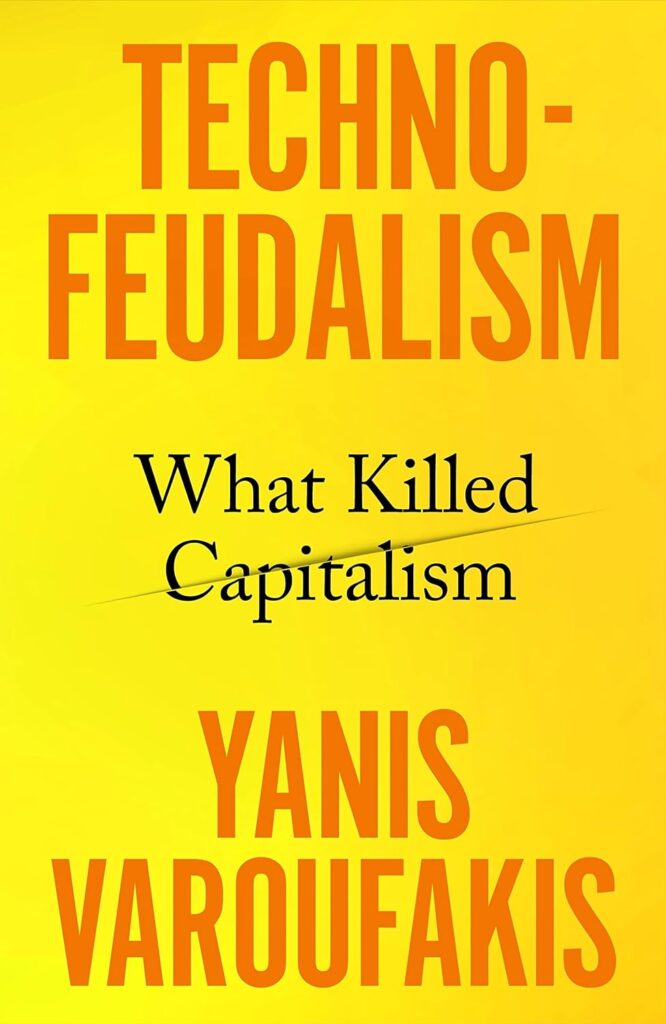
Faisal Al Yafai, Executive Editor
Yanis Varoufakis, former Greek finance minister turned political critic, is always worth reading, because he sits at the outer edge of daily left-wing politics: close enough to know the players and occasionally sit at the table, far enough away not to be sullied by the grubby compromises of power.
His worldview occupies a particular space at the intersection of big politics (nation-states, the European Union) and the big companies that interact with them. In “Technofeudalism,” he directs his anger not at the markets or global finance — as he has in the past — but big tech, which has, in his telling, replaced capitalism. It’s an interesting critique, worth reading because it signals what a centre-left in power — the Democrats in the U.S., Labour in the U.K. — might do about big tech’s awesome power.
Become a member today to receive access to all our paywalled essays and the best of New Lines delivered to your inbox through our newsletters.



